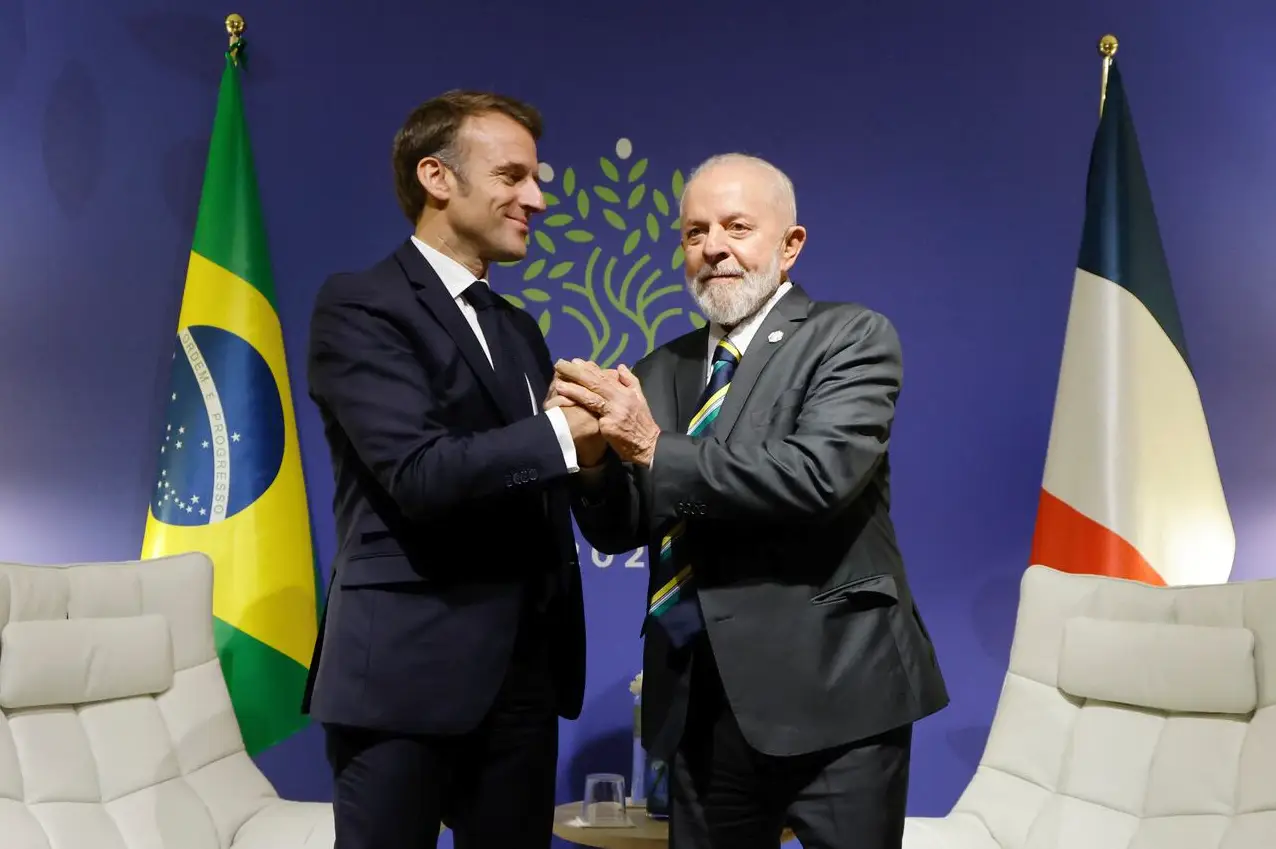Following the new push to finally conclude the expected agreement between the European Union and Mercosur, the issue has returned to the public arena. What are the factors driving the search to conclude the agreement? What are the obstacles? What are the possible scenarios?
A new geopolitical impetus
Mercosur and the European Union reached an ‘agreement in principle’ on the trade pillar of an Association Agreement in June 2019, as well as an agreement on the political and cooperation pillar the following year. Their announcement provoked strong opposition in Europe, starting with the formation of an opposing coalition, composed of agricultural producers and environmental activists. The former, historically opposed to distributive considerations, were joined by the latter’s concerns about the impact of an agreement on climate change, encouraged by the policies of Jair Bolsonaro’s government in Brazil regarding deforestation in the Amazon.
Thus, unlike in the past, the agreement became the subject of a high level of ‘politicization’ and strong opposition from non-traditional actors in trade issues, coming from civil society, mobilized by environmental issues.
However, from the end of 2022 onwards, several factors combined to give a new geopolitical impetus to the agreement. In the context of the ‘geopoliticization‘ or ‘geoeconomic turn‘ of the European Union’s trade policy, the European Commission argued that in a context of the return of war to Europe due to Russia’s invasion of Ukraine, the lessons learned from the lack of inputs during the Covid-19 pandemic, the growing geopolitical tensions between the West and China, and the eventual return of Trump to the U.S. presidency, now confirmed, the European Union needed to conclude new trade agreements to diversify allies and risks, and thus rebalance the geopolitical field.
In this framework, facilitated by the return of Lula to the Brazilian presidency, the Commission sought to negotiate some additional guarantees on environmental issues in order to placate the opposition of European civil society. In return, it was willing to make concessions that in the past would have been dismissed out of hand, such as the reduction of access to Brazil’s government procurement market demanded by the Lula government, or the introduction of a ‘rebalancing clause’ in case the unilateral trade policies of the European Green Pact reverse the market access gains for Mercosur resulting from an agreement. With this, the two blocs are on the road to a new understanding.
Resistance from the political economy
However, the agreement between Mercosur and the European Commission ran up against an old stumbling block: European agricultural opposition. Unlike Mercosur’s ‘distributive losers’, i.e. the majority of industrial sectors in Brazil and Argentina, which have progressively shifted from a position of opposition to one of support (in Brazil) or passive acceptance (in Argentina), European agricultural producers continue to mobilize against an agreement. As a result, countries with powerful agricultural sectors, led by France, have maintained their rejection.
At the beginning of 2024, the strong agricultural mobilizations that paralyzed Europe froze the possibility of concluding the agreement. Subsequently, the European Parliament elections in June had the same effect. As the Commission’s chief negotiator, Rupert Schlegelmilch, acknowledged at the time, “right now we are stuck, to be honest, because of the European elections and the farmers’ protests in Europe”.
Now that the European elections are over, the Commission has resumed the initiative to finally seal the agreement. The goal, according to reports, is to be able to make an announcement during the next Mercosur Summit to be held at the beginning of December. Having said this, at the momentum of new agricultural demonstrations in France, the French government, with the overwhelming support of the French political system, has once again ratified its rejection of the agreement. Thus, the battle continues.
How could the agreement be approved?
Given this situation, the question arises as to what the fate of the agreement will be. One way of approaching the answer comes from the rules governing its eventual approval in the European Union. In European legislation, the Association Agreement with Mercosur has a ‘mixed’ character. It combines Community competences with others that remain at the level of the Member States. Therefore, according to Art. 218 of the Treaty on the Functioning of the European Union, its approval requires, among other things, the unanimous approval of the Council, where all the Member States are represented, which leads to rule out this scenario.
However, if divided, the trade pillar, as a Community competence, can only be approved with the consent of the European Parliament and a ‘qualified majority’ in the Council. Such a majority requires the support of at least 55% of the Member States representing at least 65% of the total population of the Union, together with the absence of a ‘blocking minority’, which requires for its formation at least four members representing more than 35% of the population.
Thus, the approval of the trade pillar requires two elements. First, the Commission must move forward despite France’s opposition, which would represent a break with the Union’s historical practice regarding trade agreements. Secondly, that France does not manage to assemble a blocking minority. Historically, the French position has been accompanied by other countries with strong agricultural communities such as Ireland and Poland, which would not, however, be sufficient to reach the aforementioned threshold.
However, due to the strengthening of the demands of Italian agricultural producers, representatives of the Italian government, a country traditionally in favor of the agreement, have indicated that they could join the French-led coalition. In this way, a blocking minority would be formed.
In short, the outcome of these two variables will ultimately define the fate of the agreement in Europe and, thus, the possibility or not of its conclusion.
*Machine translation proofread by Janaína da Silva












